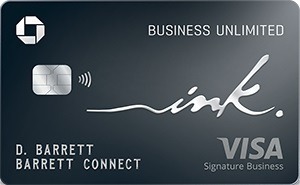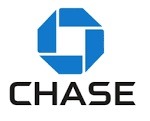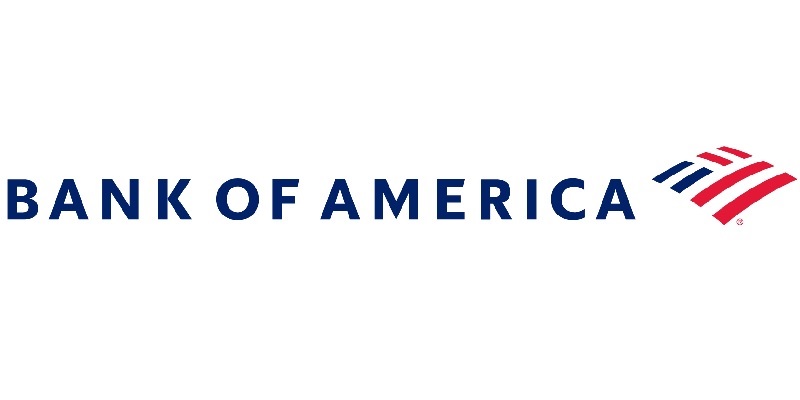 Most likely, you’ve heard of the FDIC, but not many are aware or heard of the NCUA. While both play an important role in protecting your finances they are unique in their own ways.
Most likely, you’ve heard of the FDIC, but not many are aware or heard of the NCUA. While both play an important role in protecting your finances they are unique in their own ways.
The Federal Deposit Insurance Corporation is an independent government agency that protects the customers’ deposits in banks and thrift institutions in case the bank fails. The FDIC bankers’ insurance covers all deposit accounts, including checking, savings, certificates of deposit and money market accounts up to $250,000 per account.
The National Credit Union Share Insurance Fund is similar to the FDIC in that it protects individual accounts up to $250,000. A major difference that separates the two is that the NCUA insurance covers regular shares and share draft accounts which are unique to credit unions and do not exist with banks. However, they both cover the same amount and covers different accounts. If you’re interested, keep reading and learn which one is safer for your specific needs!
 | BMO Bank Checking: Open a new BMO Smart Money Checking Account and get a $400 cash bonus* when you have a total of at least $4,000 in qualifying direct deposits within the first 90 days. Learn More---BMO Checking Review *Conditions Apply. Accounts are subject to approval and available in the U.S. by BMO Bank N.A. Member FDIC. $4,000 in qualifying direct deposits within 90 days of account opening. |
 | Chase Ink Business Unlimited® Credit Card: New cardholders can enjoy a welcome offer of $750 bonus cash back after you spend $6,000 on purchases in the first 3 months from account opening. Click here to learn how to apply--- Review |
NCUA vs FDIC Insurance
- The FDIC insures qualifying accounts up to the limit per depositor, per institution. That means if you hold two accounts at one bank, both with balances that meet the maximum insurance amount, only half of your money is protected.
- Even if your account has bank insurance, it doesn’t necessarily mean that all of your accounts are protected even if the amount is under $250,000. The FDIC won’t insure other products that your bank may offer.
- Both the FDIC and the NCUA does not insure money invested in:
- Bonds
- Stocks
- Mutual Funds
- Life Insurance policies
- Annuities
- Only federal credit unions are automatically covered by NCUA insurance and some state institutions are not insured by the NCUA. So they do not offer you the same protection in the case of your credit union failing.
NCUA vs FDIC Similarities
- They both cover up to the amount of $250,000 on eligible accounts
- Not all credit unions are covered by NCUA and not all banks are covered by the FDIC, therefore make sure to contact your bank to ensure that your funds are protected
- Neither of them are funded by tax dollars
| NCUA: | FDIC: |
|---|---|
| Applies to banks | Applies to credit unions |
| Insures $250,000 per person, per institution, per ownership category | Insures $250,000 per person, per institution, per ownership category |
| Covers deposit accounts: checking, savings, money market deposit accounts, and CDs | Covers: Savings accounts, share draft (checking) accounts, certificates of deposit and money market accounts |
Bottom Line
Above we have listed the general points which explained whether the FDIC or NCUA insurance is “safer”. In conclusion, both cover the same amount and it really depends on whether you are banking with a credit union or a bank. It comes down to what your needs are and which accounts you want to be insured.
As explained above, not all banks or credit unions are covered, therefore it is recommended that you contact your institution ensure that your money is properly protected. Also, don’t forget to read our full listing of Credit Unions Anyone Can Join ,Credit Unions vs. Banks Comparison, and also check out the latest Bank Bonuses nationwide for all your banking needs!
 | Chase Business Complete Checking®: Earn $300 or $500 when you open a new Chase Business Complete Checking® account. For new Chase business checking customers with qualifying activities. Chase offers financial products and services that let you bank when and how you want. Get Coupon---Chase Business Checking Review |
 | Huntington Unlimited Business Checking: Earn $400 bonus when you open a Huntington Unlimited Business Checking account and make total deposits of at least $5,000 within 60 days of account opening. The $400 bonus will be deposited into your account after all requirements are met. This account is for businesses with higher checking activity and greater cash flow needs. Apply Now---Huntington Unlimited Business Checking Review |
| U.S. Bank Business Checking: Earn a $400 bonus when you open a U.S. Bank Business Essentials Account or $1,000 when you open a Platinum Business Checking Account online with promo code Q3AFL25 and complete qualifying activities, subject to certain terms and limitations. Offer valid through September 30, 2025. Member FDIC. Apply Now---U.S. Bank Business Checking Review |
|
 | Bank of America Business Advantage Checking Bonus Offer Open a new Bank of America Business Advantage checking account and complete the eligible requirements to earn a $200 cash bonus offer. See offer page for more details. Additional terms and conditions apply. See offer page for more details. Learn More---Bank of America Business Checking Review |

ncua primarily insures credit unions not banks.